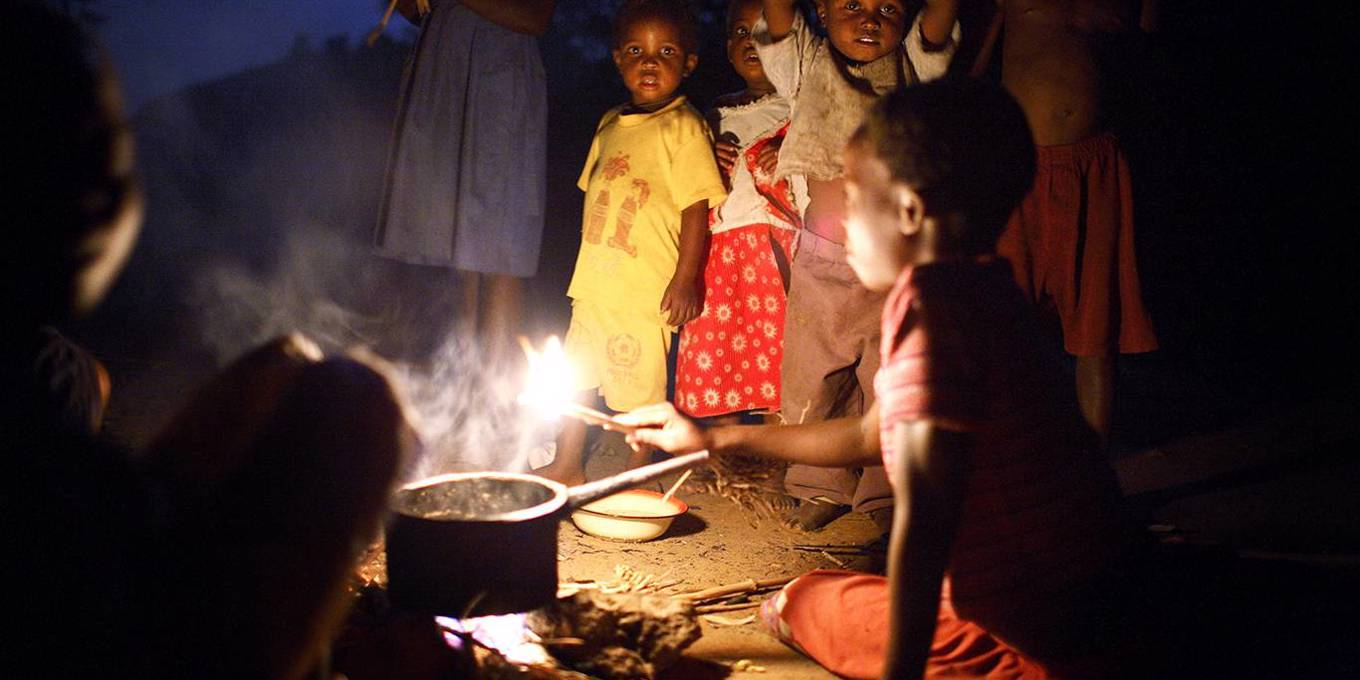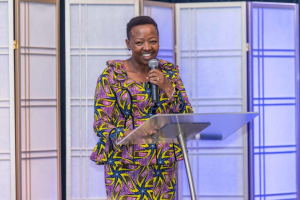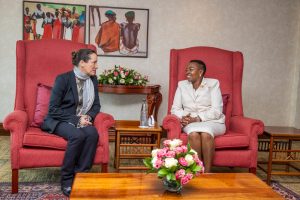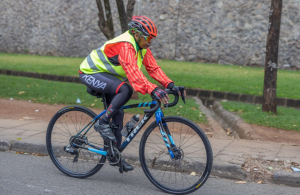More than 600 million Africans lack access to electricity, and over 900 million lack access to clean forms of cooking. The consequences for the health, livelihoods, and well-being of both urban and rural populations – especially women and girls – are severe and far-reaching.
In 2021, four out of ten people without access to clean-cooking facilities lived in Africa, where nearly four out of five people still cook their meals over open fires and traditional stoves, using polluting fuels like wood, charcoal, and animal dung. In 2022, about 3.2 million deaths worldwide were linked to household air pollution caused by cooking fuels and technologies.
Since women do most of the cooking, often with children in tow, they suffer the most exposure. In Africa, women and children account for 60% of early deaths related to smoke inhalation and indoor air pollution.
But the lack of clean-cooking facilities also hurts women and girls in other ways. Notably, because it takes time to gather the fuel – an estimated 1.5 hours per day for the average household – the women and girls who are usually responsible for this task might find themselves unable to earn a living or pursue an education. Access to clean forms of cooking therefore translates directly into empowerment of women and girls.
Fortunately, we may be approaching a turning point. The Summit on Clean Cooking in Africa, to be held in Paris on May 14, will bring together government leaders, heads of financial institutions, development partners, and policymakers from around the world to develop a roadmap for delivering universal clean cooking in Africa.
Any strategy for advancing clean cooking on the continent will have to engage the energy, social-protection, and financial sectors. The International Energy Agency, which is convening the summit, estimates that delivering universal access to clean forms of cooking – including clean-cooking stoves, equipment, and infrastructure – over this decade will cost about $8 billion annually.
Clean cooking can work only if households have access to affordable, reliable, and, ideally, renewable energy. Investments to shore up renewables – an area where Africa has immense potential – are thus critical. Progress promises to create jobs on the continent, advance gender equity and women’s empowerment, and ensure healthier futures for women and children.
Already, Kenya has made clean cooking a top development priority. My organization, MaMa Doing Good, works with communities across the country to facilitate access to clean energy for lighting, cooking, and other productive uses. Meanwhile, the Clean Cooking Delivery Unit in the Office of the President is seeking to unlock private-sector financing for Kenya’s ambitious climate and clean-energy goals, including universal access to clean cooking by 2028. Beyond Kenya, the Organization of African First Ladies for Development advocates for the uptake of clean-cooking technologies.
But women should not be viewed merely as beneficiaries of such efforts; as key stakeholders in the energy transition, they should be included in decision-making processes. That is why, during the inaugural Africa Climate Summit in Nairobi last year, African women leaders, including first ladies, signed a call to enhance the role of women in the energy transition, including through the creation of a Coalition of First Ladies for a Gender-Just Energy Transition in Africa.
We also called for stronger efforts to deliver universal access to affordable, reliable, and sustainable energy services, emphasizing the inextricable link between energy access, climate and health outcomes, and progress on gender equality. Strategies for mitigating air pollution and climate change, energy planning more broadly, and health interventions should all be designed with gender in mind.
Supporting women’s energy entrepreneurship can further advance the dual goals of women’s empowerment and universal energy access, especially last-mile energy delivery. Efforts to improve access to affordable credit, knowledge, and skills can help. Gender-focused initiatives must be underpinned by equitable partnerships with women and women-led businesses, organizations, and grassroots groups.
Across Africa and globally, women must be given the tools and opportunities to contribute meaningfully to climate action and the clean-energy transition. The upcoming Summit on Clean Cooking in Africa is an ideal opportunity to advance this goal.
This article was first published in Project Syndicate.




